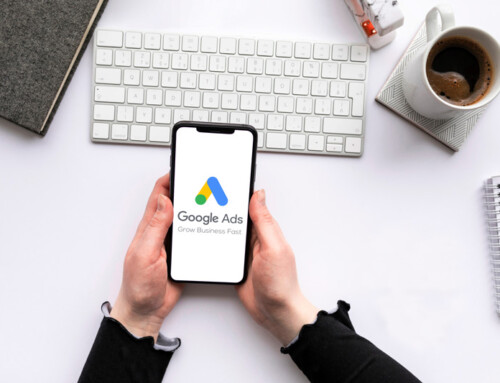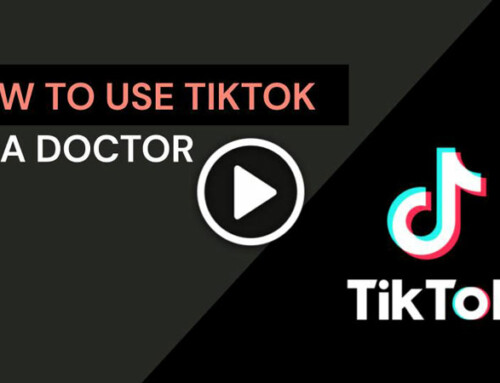Word of mouth and social media are more trusted than traditional advertising
Nielsen surveyed over 25,000 consumers online across more than 50 markets across the world to study their attitudes towards trust, value and engagement in advertising. You can find the full report here.
In a nutshell, peer recommendation is the most trusted channel, trusted “completely” or “somewhat” by 9 out of 10 respondents worldwide. Conversely, online search, banner advertising and video ads are trusted by fewer than half the respondents.
As an interesting side note, the study found that Europeans tend to be the least trusting of advertising.
If you agree that Neilsen’s results are valid:
- Word of mouth trumps all other forms of advertising
- Doctors have consistently come out on top of polls of the most trusted professions for the past 25 years (90% of people believe doctors “tell the truth”
What actually happens in healthcare marketing
Large companies offering elective medical services do not
- invest more in customer service and social media (customer opinions posted online) that stimulates positive word of mouth
- lead their advertising messages with the expertise of their doctors carrying out the procedures
Because the larger players are more visible, and because smaller companies admire and mimic the marketing practices of the larger companies, most healthcare businesses:
- spend considerably much more money on advertising than they do on customer service and social media
- use communication tools associated with big brand advertising that sells a lifestyle (which conversely, don’t enjoy a tremendous amount of trust)
The healthcare marketing takeaway
For years, we’ve been advising our clients to do the focus on customer service as a means of generating positive word of mouth. More recently, we’ve been recommending those same clients to establish social media channels (such as Facebook Pages, LinkedIn Profiles, Twitter Profiles, and YouTube channels) where their customers can spread the word about them.
Alas, the majority of their competitors – large and small – dogmatically focus on traditional advertising (TV, newspapers, radio) and interruption marketing (text messaging and the above). Good news for our clients, I guess.







nice post. thanks.
Couldnt agree more with that, very attractive article
I think people will take a long time to convert from print to online. Perhaps we need a few of the old dinosaurs to retire from marketing, you can’t teach an old dog as they say. However almost all print publications are reporting losses in their advertising revenues. Another problem is that people don’t like to pay as much for an online presence. I have spoken with some companies, and their budget for advertising online comes from the IT department, not the marketing department ! How crazy is that ?
@Mark Sadler. I couldn’t agree with you more. Thanks for posting. And the idea that an IT department would manage an online advertising budget is like asking the guy who installs and fixes the telephone for advice on how to make sales calls… well, he knows about phones doesn’t he??? It’s ludicrous.
[…] We’ve discussed this before, when we shared how social media and word of mouth is considerably more trusted than traditional advertising. […]
[…] know that word of mouth is more trusted than traditional advertising. But, you may be surprised, as I was that 9/10 […]